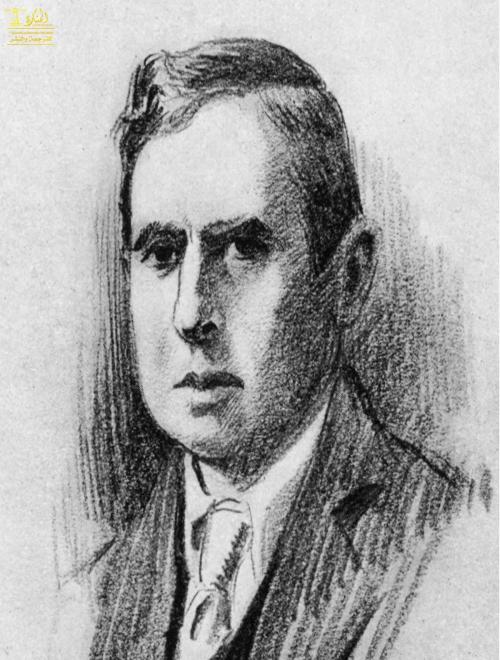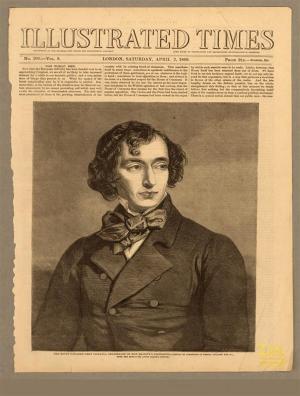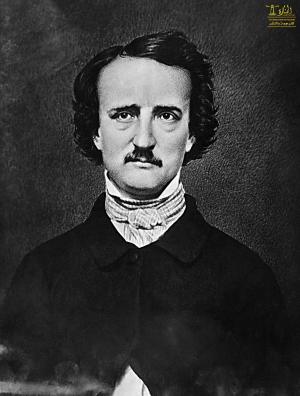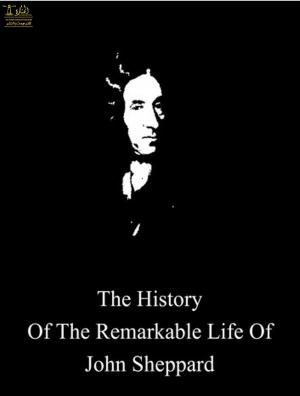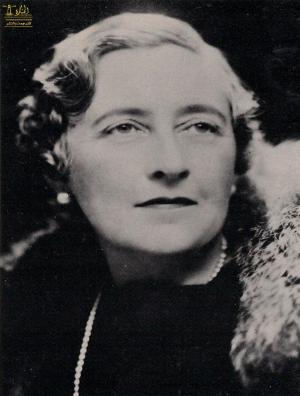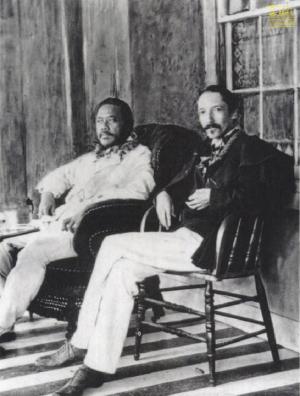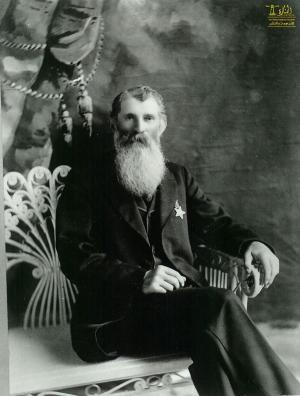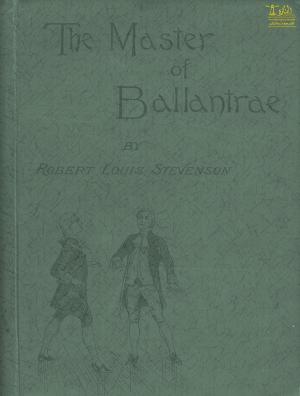| Author: | Bernhard Huldermann | ISBN: | 9780599543782 |
| Publisher: | Lighthouse Books for Translation Publishing | Publication: | June 2, 2019 |
| Imprint: | Lighthouse Books for Translation and Publishing | Language: | English |
| Author: | Bernhard Huldermann |
| ISBN: | 9780599543782 |
| Publisher: | Lighthouse Books for Translation Publishing |
| Publication: | June 2, 2019 |
| Imprint: | Lighthouse Books for Translation and Publishing |
| Language: | English |
MY principal reason for publishing the information contained in this volume is to keep alive the memory of Albert Ballin. I particularly desire to show what was his share in bringing about the economic advance of Germany during the golden age of the Empire’s modern history, and to relate how he—unsuccessfully, alas!—strove to prevent the proud structure which he had helped to raise, from falling to ruin in the time of his country’s distress. I believe that much that concerns the latter aspect of his work will be new to most readers. In spite of all that has been said and written concerning the political activities which Ballin displayed (and is alleged to have displayed) both before and during the war, their object—and, more important still, their intimate connexion with his economic activities—is scarcely known. Eminently successful though Ballin had been in creating an atmosphere of mutual understanding between the various nations in the economic sphere, his attempts to reconcile the contending ambitions of those same nations where politics were concerned ended in failure. And yet it is impossible to understand his failure in one respect without first understanding his success in the other; indeed, the connexion between the two sides of his work forms the key to the character of the man and to the historical significance of his achievements.
Albert Ballin was a native of Hamburg. Before the large modern harbour basins of the city were built, practically all the vessels which frequented the port of Hamburg took up their berths along the northern shore of the Elbe close to the western part of the town. A long road, flanked on one side by houses of ancient architecture, extended—and still extends—parallel to this predecessor of the modern harbour. During its length the road goes under different names, and the house in which Ballin was born and brought up stood in that portion known as Steinhöft.
MY principal reason for publishing the information contained in this volume is to keep alive the memory of Albert Ballin. I particularly desire to show what was his share in bringing about the economic advance of Germany during the golden age of the Empire’s modern history, and to relate how he—unsuccessfully, alas!—strove to prevent the proud structure which he had helped to raise, from falling to ruin in the time of his country’s distress. I believe that much that concerns the latter aspect of his work will be new to most readers. In spite of all that has been said and written concerning the political activities which Ballin displayed (and is alleged to have displayed) both before and during the war, their object—and, more important still, their intimate connexion with his economic activities—is scarcely known. Eminently successful though Ballin had been in creating an atmosphere of mutual understanding between the various nations in the economic sphere, his attempts to reconcile the contending ambitions of those same nations where politics were concerned ended in failure. And yet it is impossible to understand his failure in one respect without first understanding his success in the other; indeed, the connexion between the two sides of his work forms the key to the character of the man and to the historical significance of his achievements.
Albert Ballin was a native of Hamburg. Before the large modern harbour basins of the city were built, practically all the vessels which frequented the port of Hamburg took up their berths along the northern shore of the Elbe close to the western part of the town. A long road, flanked on one side by houses of ancient architecture, extended—and still extends—parallel to this predecessor of the modern harbour. During its length the road goes under different names, and the house in which Ballin was born and brought up stood in that portion known as Steinhöft.
